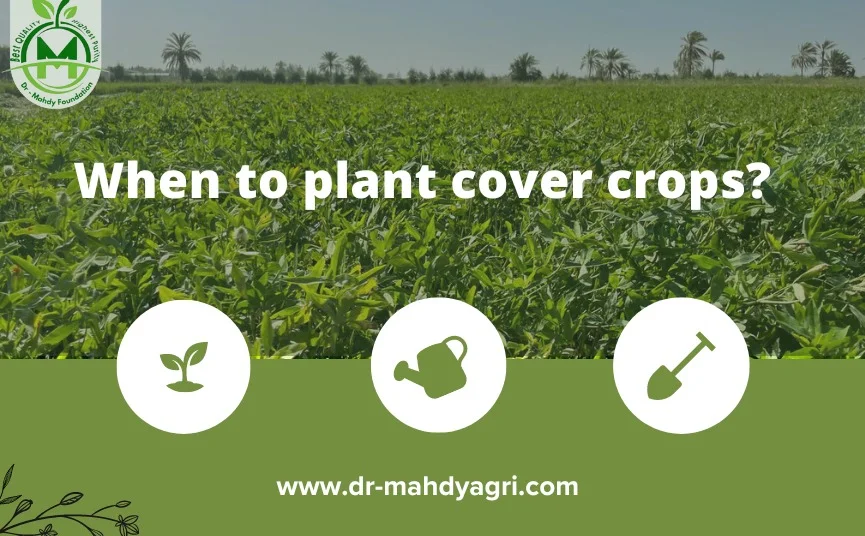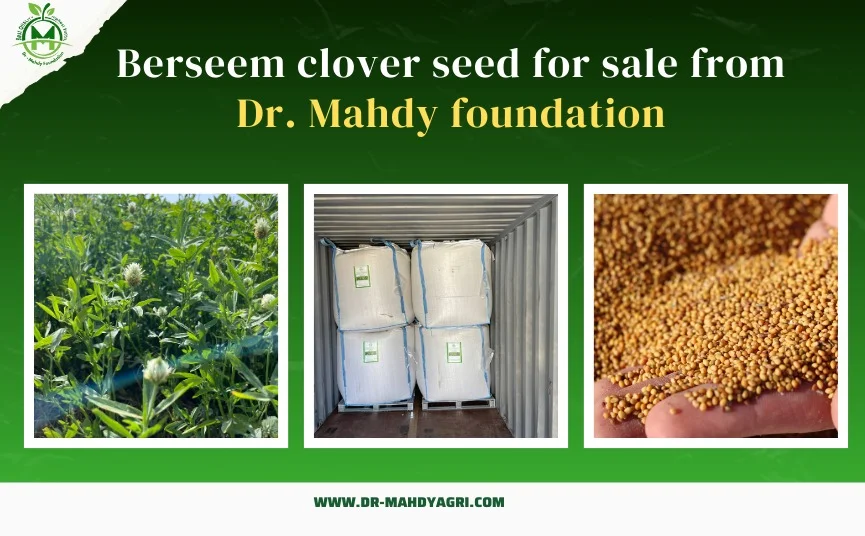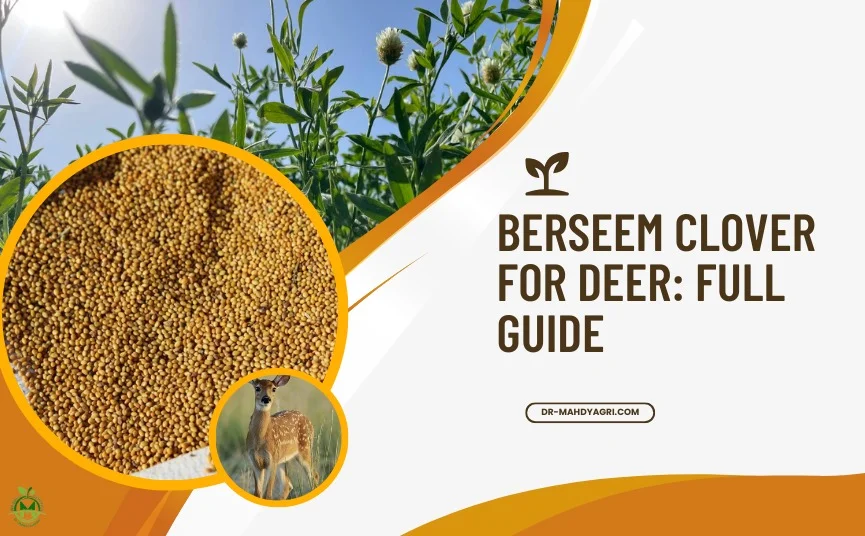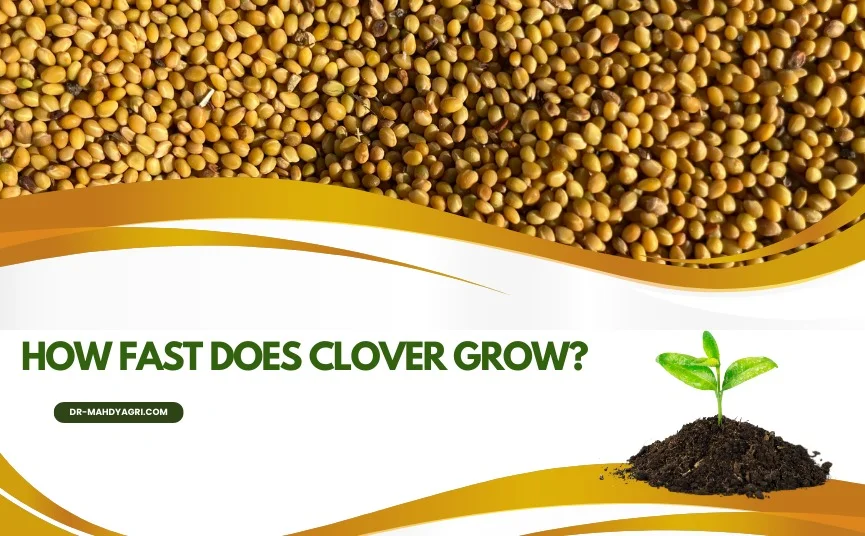

Understanding Berseem Clover Seed
Berseem clover seed, also known as Trifolium alexandrinum, is a popular forage crop that is widely grown for its high protein content and nitrogen-fixing abilities, making it an excellent choice for improving soil fertility and providing valuable feed for livestock.
While native to Egypt, berseem clover seed has gained popularity worldwide due to its adaptability to different climates and soil types. and Berseem clover seed is available in various varieties, each with its own characteristics and growth habits. Some popular varieties include Bigbee, Sonora, and Egyptian.
By understanding the unique qualities of berseem clover seed and how to select the right varieties, you can harness its potential and reap the numerous benefits it offers in improving soil health, providing forage, and contributing to sustainable agriculture practices.
Introduction to Berseem Clover Seed
Berseem clover seed, also known as Trifolium alexandrinum, is a versatile forage crop that offers numerous benefits for farmers and gardeners. It is rich in protein and has nitrogen-fixing abilities, making it a valuable choice for improving soil fertility and providing feed for livestock. This legume crop can be sown in both fall and spring, and it can thrive in various climate and soil conditions. Its ability to suppress weeds, improve soil structure, and attract beneficial pollinators makes it an excellent addition to any agricultural or gardening practice. Additionally, it can be used for hay production and silage.
Read More: berseem clover vs balansa clover
Benefits of Planting Berseem Clover Seed
Berseem clover seed offers numerous benefits for farmers and gardeners. Its nitrogen-fixing abilities improve soil fertility, while its rich protein content makes it a valuable feed for livestock. This versatile forage crop can be sown in both fall and spring and thrives in various climate and soil conditions. Berseem clover seed helps suppress weeds, improves soil structure, and attracts pollinators. It can also be used for hay production and silage, making it an excellent addition to any agricultural or gardening practice.
Choosing the Right Berseem Clover Seed
When selecting berseem clover seed, first consider the specific needs of your soil and climate conditions, as certain varieties thrive better in different environments. Look for certified seed that has been tested for germination and purity, ensuring high quality. Additionally, assess the seed's nitrogen-fixing ability and protein content to ensure it meets the needs of your livestock or agriculture requirements. Finally, consider the reputation and reliability of the seed supplier to ensure you are purchasing from a trusted source like Dr.Mahdy foundation best seller of Egyptian Berseem Clover seeds for cover crops.
Factors to Consider When Buying Berseem Clover Seed
- Soil and climate conditions: Choose a variety that thrives in your specific environment.
- Certified seed: Look for seed that has been tested for germination and purity.
- Nitrogen-fixing ability: Assess the seed's ability to fix nitrogen for soil enrichment.
- Protein content: Consider the protein levels in the seed for livestock or agriculture needs.
- Reputable supplier like Dr.Mahdy foundation: Buy from a trusted source known for quality and reliability.
Different Varieties of Berseem Clover Seed
Different varieties of berseem clover seed are available, each with its own traits and characteristics. Some popular varieties include 'Bigbee,' known for its high forage yield, 'balady berseem clover ,' a winter-hardy variety, and 'Lablab,' which has excellent drought tolerance. When choosing a variety, consider factors such as climate suitability, desired yield, and specific needs for agriculture or livestock purposes. Consulting with a local agricultural expert or seed supplier can help you find the best variety for your specific requirements.
Read More:
berseem clover as cover crop
berseem clover seed non gmo
berseem clover annual or perennial
Planting and Growing Berseem Clover Seed
To plant berseem clover seed, prepare well-drained soil by removing any weeds or rocks and loosening the top few inches. Sow the seeds at a depth of 1/4 to 1/2 inch and cover them with soil. Water the area thoroughly and keep the soil consistently moist. As the berseem clover seed grows, provide regular irrigation and avoid over-watering or letting the soil dry out. Regularly monitor for pests or diseases and take appropriate action if necessary. Follow these steps to ensure successful growth of berseem clover seed.
Best Practices for Planting Berseem Clover Seed
To ensure successful growth of berseem clover seed, it is best to follow some key best practices when planting. These include preparing well-drained soil, sowing seeds at the right depth, and providing consistent irrigation while avoiding over-watering or letting the soil dry out. Monitoring for pests and diseases and taking appropriate action is also recommended. By following these best practices, you can maximize the chances of successful growth and a healthy berseem clover crop.
Maintenance and Care Tips for Growing Berseem Clover Seed
To ensure successful growth of berseem clover seed, it is essential to provide proper maintenance and care. This includes regular monitoring for pests and diseases and taking appropriate action if needed. Additionally, it is important to keep the soil moist but not overly saturated, and to provide adequate nutrition through fertilization if necessary. Regular mowing or grazing to maintain the ideal height is also recommended.
By following these care tips, you can promote healthy growth and maximize the yield of your berseem clover crop.
Harvesting and Utilizing Berseem Clover Seed
Harvesting and utilizing Berseem clover seed involves several key steps to ensure a high-quality yield and effective use of the seeds for planting or forage purposes. Here's an overview of the process:
1. Timing the Harvest
Berseem clover should be harvested for seed production when the majority of the seed heads have matured but before they become too dry and shatter. The ideal time is when seeds have changed from green to brown but are not yet dropping from the plant. This usually occurs late in the growing season.
For optimal results, berseem clover seed should be harvested when the plants have fully matured, and the seed heads have turned brown and dry, usually 60-80 days after planting. When it comes to harvesting techniques, there are two main options: hand-harvesting and mechanical harvesting. Hand-harvesting involves cutting the entire plant and allowing it to dry before manually threshing the plants to extract the seeds. On the other hand, mechanical harvesting is more efficient and suitable for larger-scale production, utilizing a combine harvester equipped with a specialized header for small-seeded crops like berseem clover.
2. Cutting and Collecting
The plants should be cut using a swather or similar equipment that lays them down neatly in windrows. This allows the plants to dry uniformly. The windrows should be monitored closely and turned if necessary to ensure even drying and prevent mold or spoilage.
3. Drying
After cutting, the plants need to be properly dried in the field to reduce moisture content. This drying process is crucial to prevent spoilage and preserve the quality of the seeds. The seeds should have a moisture content low enough to be stored without deteriorating.
4. Threshing
Once dried, the clover is threshed to separate the seeds from the plant material. Special care should be taken during threshing to avoid damaging the seeds. Threshing can be done using a combine harvester with appropriate settings to ensure minimal seed loss and damage.
5. Cleaning
The seeds need to be cleaned to remove plant debris, dust, and other impurities. This is usually accomplished using a seed cleaner that can sort seeds by size and weight, ensuring that only healthy, viable seeds are retained for storage or sale.
6. Storage
Proper storage is essential to maintain the viability of the seeds. Berseem clover seeds should be stored in a cool, dry place, away from direct sunlight. Containers should be airtight to prevent moisture ingress and pest infestations.
7. Utilization
Berseem clover seeds are primarily used for planting to produce a forage crop. They can be sown directly into prepared fields or used in mixtures with other forage species to improve soil fertility and provide a high-protein feed for livestock. Additionally, these seeds can be used in cover cropping systems to enhance soil health and reduce erosion.
Buying Berseem Clover Seed
When it comes to buying berseem clover seed, it's important to source high-quality seeds from reputable suppliers. Consider factors like seed purity, germination rates, and any certifications. Check for different varieties available and choose the one that suits your specific needs. Look for suppliers that offer competitive prices and good customer reviews. Before purchasing, inquire about any pre-treatment requirements or storage recommendations. Taking these steps will ensure that you get the best berseem clover seed for your agricultural needs.
Read More:
Berseem clover for deer
berseem clover for cattle
how fast does clover grow?
Where to Find High-Quality Berseem Clover Seed?
When it comes to finding high-quality berseem clover seed, there are several reliable sources to consider. You can look for trusted agricultural suppliers, both online and offline, that specialize in selling seeds. Additionally, many farmers' co-operatives, seed companies, and agricultural extension offices often offer berseem clover seed for sale. It's important to research and compare different suppliers to ensure you are getting the best quality seeds at competitive prices.
Tips for Purchasing Berseem Clover Seed
When purchasing berseem clover seed, it is important to choose a reputable supplier who offers high-quality seeds. Consider factors such as seed purity, germination rates, and any certifications the seed may have. Compare prices and read customer reviews before making a decision. It can also be helpful to consult with agricultural extension offices or farmers who have experience with berseem clover seed. By doing your research and making informed choices, you can ensure you are purchasing the best berseem clover seed for your needs.
Conclusion
In conclusion, branding plays a crucial role in differentiating your business from competitors. It allows you to showcase your uniqueness, values, and brand promise, setting you apart in a crowded market. By investing in branding, you can establish a strong and reliable brand identity that resonates with your target audience. Remember to stay consistent and cohesive in your branding efforts, and continuously evaluate and refine your brand strategy to stay relevant and successful in today's ever-changing business landscape. you can call with Dr. Mahdy Best seller of Egyptian Berseem Clover seeds for cover crops.



